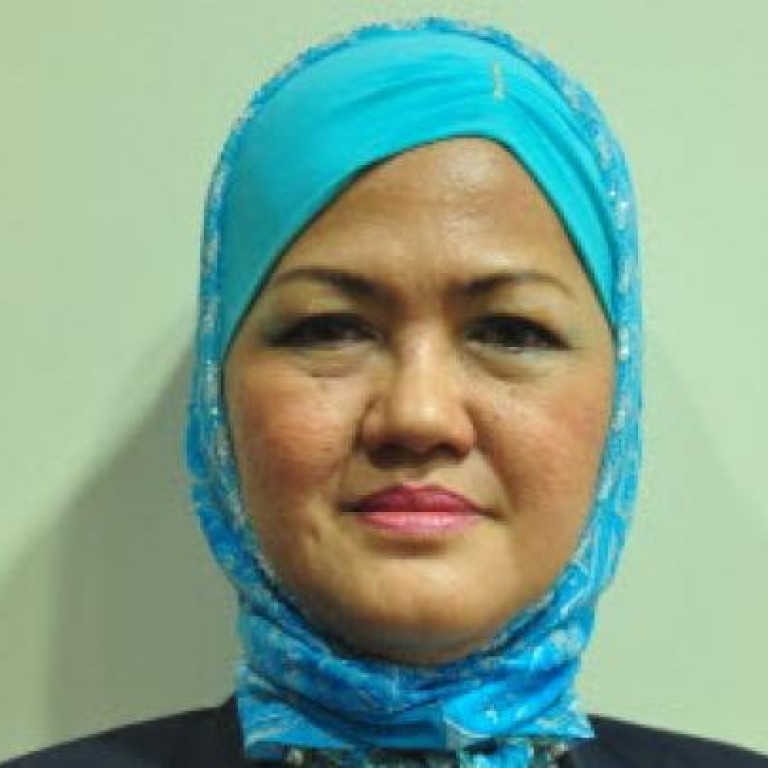
Premier industrial park in Sabah primes SMIs for future growth
Discovery Reports
Strategically located in Sabah, the Kota Kinabalu Industrial Park (KKIP) provides local and regional small to medium industries (SMIs) an environment conducive for growth. KKIP leverages the state's natural resources to fuel its industrialisation and help drive Malaysia's economic growth.
"One of our main objectives is to take SMIs from the backyards, particularly from ungazetted industrial areas, into a developed area with facilities that can be readily used to grow their businesses," says Dr Hajjah Tarsiah TZ Taman, KKIP CEO. "We have good infrastructure and amenities; everything they need is available in KKIP."
With about 3,679 hectares for its whole development, KKIP's master plan is to become an integrated development comprising industrial, commercial, residential, recreation and tourism zones. KKIP benefits from Kota Kinabalu's international airport and deep sea port facilities. Five international airlines servicing the state also boost KKIP's accessibility in the region. The park boasts its own power supply and system and offers comprehensive information and communications technology services.
KKIP has several designated industrial clusters: automotive, food and halal products, rubber, wood, plastics, steel, biotechnology, and electrical and electronic.
Sabah's abundant natural resources play a major role in the food and halal products cluster and the biotechnology cluster. KKIP has observed a consumption increase in halal products, not just among Muslim populations but also among consumers particular about hygiene, cleanliness and a healthy lifestyle. KKIP is bullish in maximising raw materials available in the state to serve this growing market.
For the rubber cluster, KKIP targets companies interested in exploring downstream products such as tyres, fenders, gloves and catheters. KKIP hopes the burgeoning vehicle industry will drive companies to invest in KKIP to boost their manufacturing capacities.
KKIP groomed the biotechnology cluster to house pharmaceutical companies and herbal extraction plants. The wood, plastics and steel industrial clusters are well in place with some investors already in the expansion stage.
For the electric and electronic cluster, KKIP targets investors keen to penetrate the Brunei Darussalam-Indonesia-Malaysia-The Philippines East Asean Growth Area. This sub-regional economic co-operation within key regions in the four countries has a population of about 60 million people.
KKIP also offers ready-built factories for those who cannot afford land purchase and facility construction expenses.
"Investors should include Sabah in their business plans," Tarsiah says. "KKIP is among the premier industrial parks in Malaysia. We want people to live, work and play here. Once they are in KKIP, they don't have to go elsewhere for basic and immediate needs."
Tarsiah invites potential investors to consider KKIP for their industrial investment destination.
